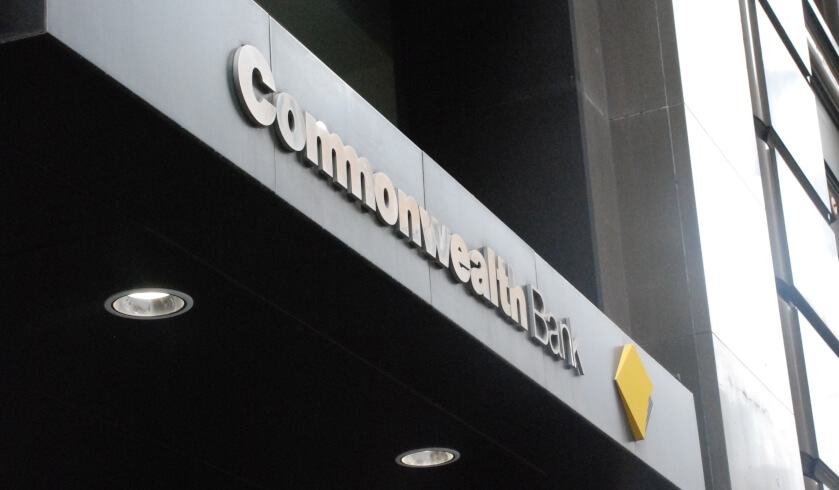Leading indicator shows property pick-up as bank calls bust

A report released by CoreLogic shows the easing of restrictions to open homes and auctions has had an impact on the market with weekly indicators increasing.
The report shows there has been a weekly pick-up in newly advertised properties from both a rent and sales perspective.
However, this follows a monthly lag where both advertising for rentals and sales has fallen sharply overall.
The indicators also revealed the change in the number of mortgage valuations being ordered on the CoreLogic platform over the last seven days had increased by 2.82 per cent over the week.
Meanwhile, SQM’s monthly report showed the combined capital asking prices increased by 0.7 per cent for houses and 0.1 per cent for units over the month to 5 May 2020. Unit asking prices are now at $574,900 and houses $994,300.
Compared to a year ago, the capital city asking prices posted increases of 9.4 per cent for houses and 3.0 per cent increase for units.
Over the month, some capital cities recorded marginal asking price increases, with the exception of Perth, Canberra and Hobart, which all recorded declines for both houses and units.
Melbourne, Adelaide and Darwin were the only capital cities to record increases in both house and unit prices. Strongest monthly growth was seen in Sydney house prices with a 1.1 per cent increase and Melbourne’s unit market which saw a 1.0 per cent increase.
Despite the positive figures and sentiment in the market, CommBank has revealed it believes the property market could fall by as much as 32 per cent if the economy does not pick up in the near term.
The major bank assumes an 11 per cent reduction in the prices of residential property nationally due to the pandemic, while a prolonged shutdown and a worsening economic climate would see falls nearly trip to 32 per cent, the bank noted.
In a statement made to the ASX, CBA announced it had set aside $1.5 billion to cover potential losses from the COVID-19 recession, taking its total provisions for bad and doubtful debts to $6.4 billion.
“Today’s announcement of an additional credit provision of $1.5 billion for the potential longer-term impacts of COVID-19 further reinforces our already-strong balance sheet settings,” CBA chief executive Matt Comyn said in a statement.
The big four bank also told markets that it had 144,000 consumers taking up the option to defer home loans with a combined balance of $50 billion.

